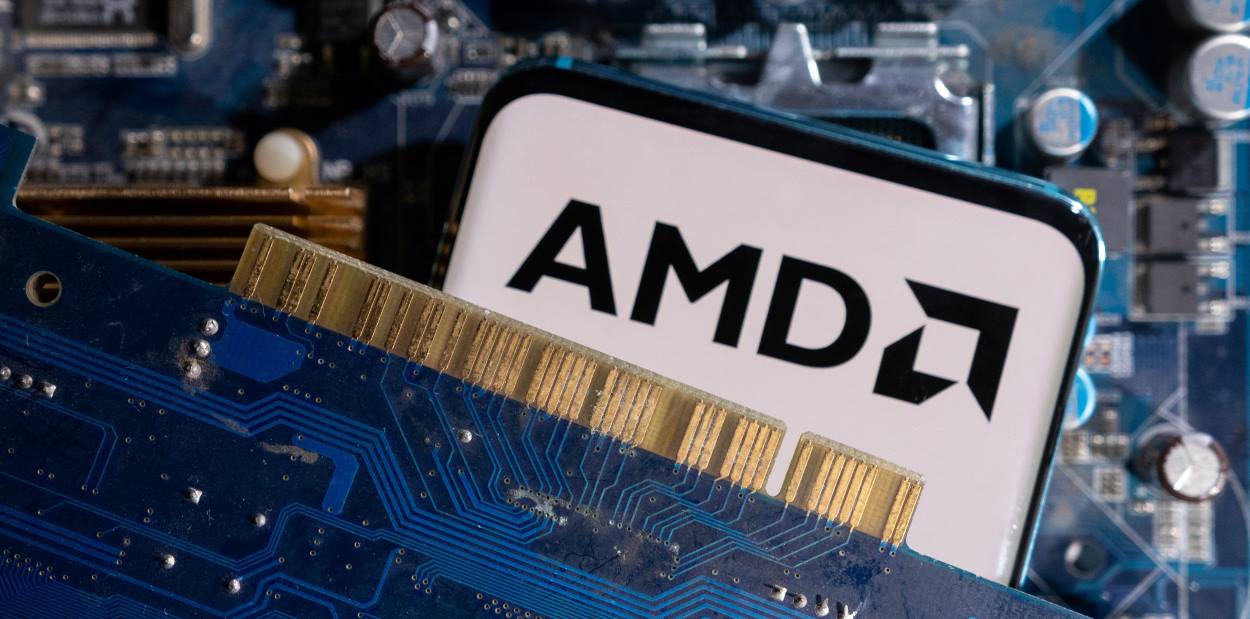On August 11, 2025, the Financial Times reported that Nvidia and AMD agreed to pay the U.S. government 15% of their revenue from high-end AI chip sales to China in order to secure export licenses.
Nvidia will share 15% of the proceeds from its H20 AI chips, designed specifically for the Chinese market, while AMD will contribute the same percentage from sales of its MI308 chips. The U.S. Commerce Department has begun issuing export licenses for these sales, signalling a shift from a primarily national security-based policy to one driven more by tariff considerations
Nvidia, AMD exports to China will reportedly face 15% fee https://t.co/cPoDydRZ4T
— Axios (@axios) August 10, 2025In April 2025, the Trump administration imposed restrictions on the export of high-performance AI chips to China. However, this ban was paused after Nvidia committed to investing $500 billion in data centres in the United States. By July, Nvidia resumed sales of its H20 chips, influenced by trade discussions surrounding rare-earth elements that are essential for electric vehicle batteries, according to Commerce Secretary Howard Lutnick. This decision follows previous restrictions during the Biden administration, which led Nvidia to redesign the H20 chip to ensure compliance with regulations regarding China, as reported by Bloomberg.
Nvidia, AMD may sell high-end AI chips to China if they pay US a cut | TechCrunch https://t.co/fzyb9g7YLH
— TechCrunch (@TechCrunch) August 11, 2025The decision has drawn criticism from national security experts and former officials, who urged Lutnick to reverse course, citing risks to U.S. interests. Critics argue that monetising export controls could weaken national security, with one expert calling it “an own goal” that might encourage China to seek concessions, per TechCrunch. The arrangement raises questions about balancing economic gains with strategic priorities.
Read: Nvidia H20 Chip Sales to China: Resumption Amid US Policy Shift
The 15% revenue-sharing agreement has the potential to generate significant funds, estimated at $2.37 billion, based on Nvidia’s projected $15 billion in H20 sales and AMD’s $800 million in MI308 sales. This deal would also allow ongoing access to the Chinese market. However, it could strain U.S.-China tech relations and impact the global dynamics of AI chip competition, especially since other countries, like DeepSeek, are offering cheaper alternatives.






